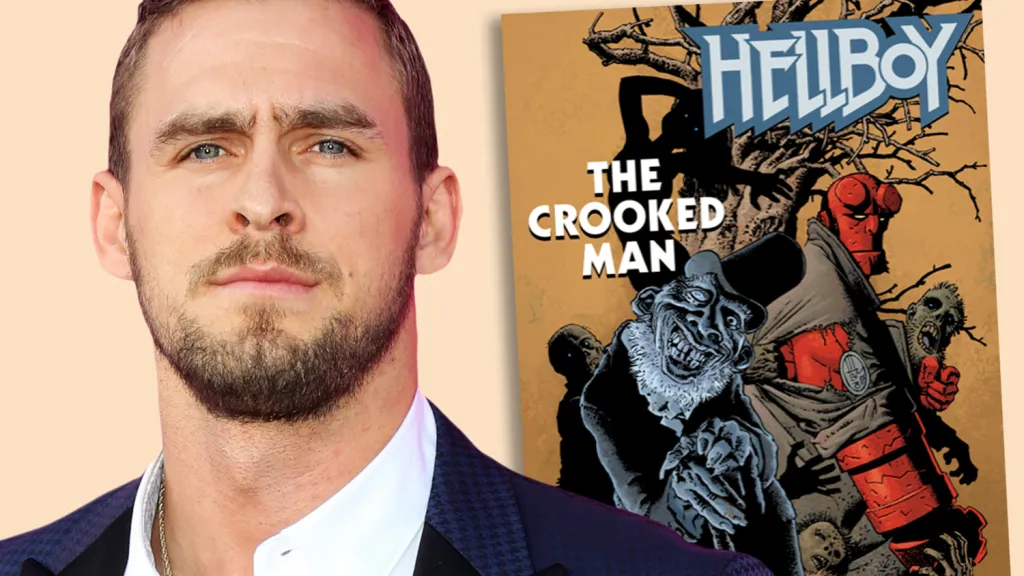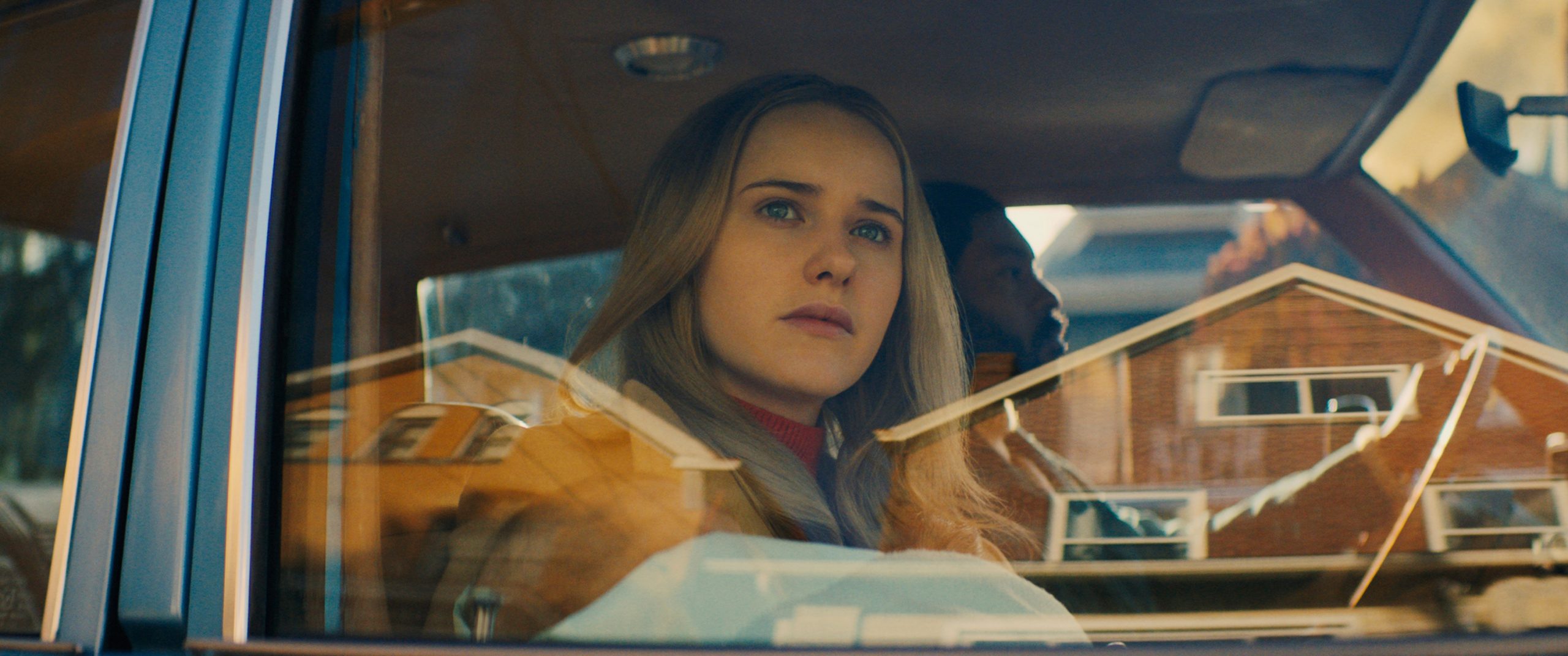Director: Steve Taylor
Written by: Donald Miller, Ben Pearson, Steve Taylor
Starring: Marshall Allman, Jason Marsden, Tania Raymonde, Claire Holt, Eric Lange, Justin Welborn
Synopsis: “I never liked jazz music because jazz music doesn’t resolve. . . . I used to not like God because God didn’t resolve. But that was before any of this happened.”
Don, a nineteen-year-old sophomore at a Texas junior college, tries to escape his Bible Belt upbringing for life in the Pacific Northwest at the most godless campus in America.
 Don (Marshall Allman, True Blood) a Baptist from the heart of Texas transfers from his community college to one of the country’s most progressive educational institutions Reed College. The culture shock is unfamiliar but enlightening to him. Over time, he observes these students worship their own religion of individualism and non-conformity. Along the way, Don encounters a cast of characters including an outspoken activist Penny (Claire Holt, The Vampire Diaries) as well as a man wearing a Pope outfit known on campus as The Pope (Justin Welborn, The Crazies) who is critical of Christianity. He even forms a close bond with a lesbian (Tania Raymonde, LOST) whom he meets in the men’s restroom while she’s using a urinal. With everyone now belonging to his inner circle, Don forms a new alliance of friends.
Don (Marshall Allman, True Blood) a Baptist from the heart of Texas transfers from his community college to one of the country’s most progressive educational institutions Reed College. The culture shock is unfamiliar but enlightening to him. Over time, he observes these students worship their own religion of individualism and non-conformity. Along the way, Don encounters a cast of characters including an outspoken activist Penny (Claire Holt, The Vampire Diaries) as well as a man wearing a Pope outfit known on campus as The Pope (Justin Welborn, The Crazies) who is critical of Christianity. He even forms a close bond with a lesbian (Tania Raymonde, LOST) whom he meets in the men’s restroom while she’s using a urinal. With everyone now belonging to his inner circle, Don forms a new alliance of friends.
During his first semester, Don finds himself trapped in a crisis of faith. Does the core of his Christian beliefs, which he has become disillusioned due to his upbringing, have any relevance on his forward thinking campus? (“If you are going to have an existential crisis, Portland in the winter is hard to beat.”) It becomes clear that making the transition is necessary for his self-discovery and questioning, if not rejecting Christianity, is healthy alternative. A boundary-pushing prank involves him placing a condom on a church steeple and hanging a “Don’t let these people reproduce” banner. It is shocking to see this in a ‘Christian film,’ but it works as a form of engaging narrative and brutal realism. The strength of Blue Like Jazz requires us to journey with Don’s struggle instead of pretending everything will be okay. He is fed up with ‘the church’ even perplexed with finding relevance in his old identity. What will remain as he forms his new one? 99% of Christian films wouldn’t go into a skeptical territory. However a film like “Blue Like Jazz” belongs here even demanding we ask those harsh questions. As the church lives in a world, which asks those questions, this is very reassuring.
 Adapting philosophical essays, which have a slightly poetic, introspective tone into a quirky narrative comedy was the daunting challenge of “Blue Like Jazz”. As someone who read the book, I found it to be a faithful translation. Filmmaker Steve Taylor pulls off the near impossible transforming one writing style into another. To understand the whole movie, one would need to read the book. Anyone who hasn’t read the book can follow along, but may not understand specific references (i.e. Don as an astronaut). One moving scene was Don apologizing to The Pope in a mock Confessional booth about the sins of Christianity. It is the emotional honest and tender moment, which gives the film even more a sense of realism and purpose.
Adapting philosophical essays, which have a slightly poetic, introspective tone into a quirky narrative comedy was the daunting challenge of “Blue Like Jazz”. As someone who read the book, I found it to be a faithful translation. Filmmaker Steve Taylor pulls off the near impossible transforming one writing style into another. To understand the whole movie, one would need to read the book. Anyone who hasn’t read the book can follow along, but may not understand specific references (i.e. Don as an astronaut). One moving scene was Don apologizing to The Pope in a mock Confessional booth about the sins of Christianity. It is the emotional honest and tender moment, which gives the film even more a sense of realism and purpose.
Rating: 7 out of 10
























